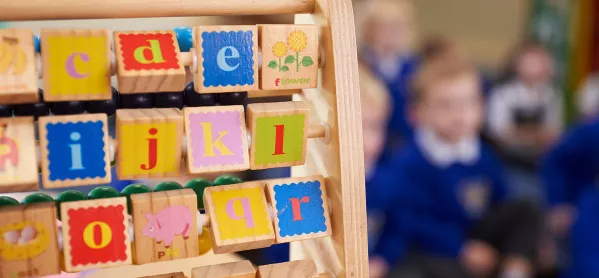Almost two-thirds of local authorities say they have become more willing to allow summer-born children to delay entry to Reception by a year.
A Department of Education survey found 62 per cent of the 94 councils that responded are more likely to grant parental requests for a delayed start to primary school in than in previous years.
Quick read: Huge increase in summer-born pupils delaying school
Statistics: Summer-born children twice as likely to miss early years benchmark
Insight: Attainment gap for summer-born pupils ‘persists at age 11’
But it adds that the number of requests for delayed entry to Reception appears to have plateaued for entry in 2019, after increasing in previous years.
Parents of children born in the summer months are able to request a delayed start to Reception - so children would begin at five years old, rather than at four years old. Children born in the summer months are statistically more likely to struggle at school. Nick Gibb, schools standards minister, said in 2015 that he was concerned about parents who were told that if summer-born children delayed their school start by a year they would need to begin in Year 1, and vowed to take action on the issue.
The measure remains under scrutiny due to discrepancies in implementation across the UK.
The report reveals that just 9 per cent of councils surveyed in July 2018 said they granted all requests for a delayed admission, 62 per cent asked parents to make a case but were more willing to allow delayed entry than previously, and 30 per cent only allowed those with a very strong case to delay entry.
It found that in the 2018 survey, 1,752 requests for a delayed school start until September 2019 were granted out of 1,995 requests made - which represents a slight increase on the previous year’s figure of 85 per cent.


